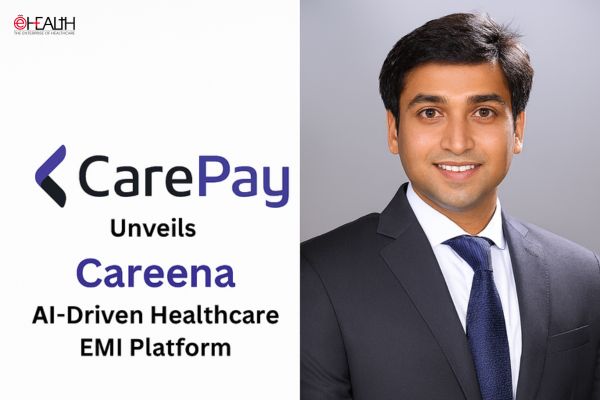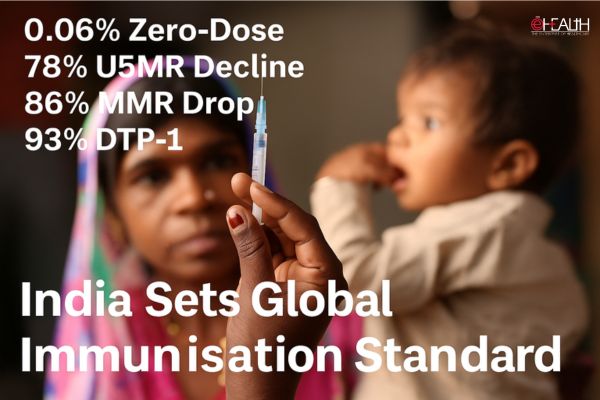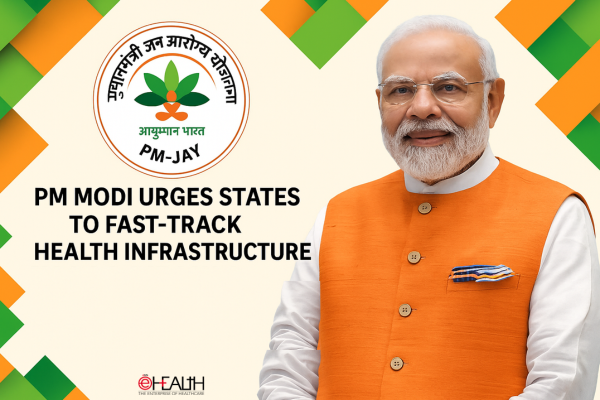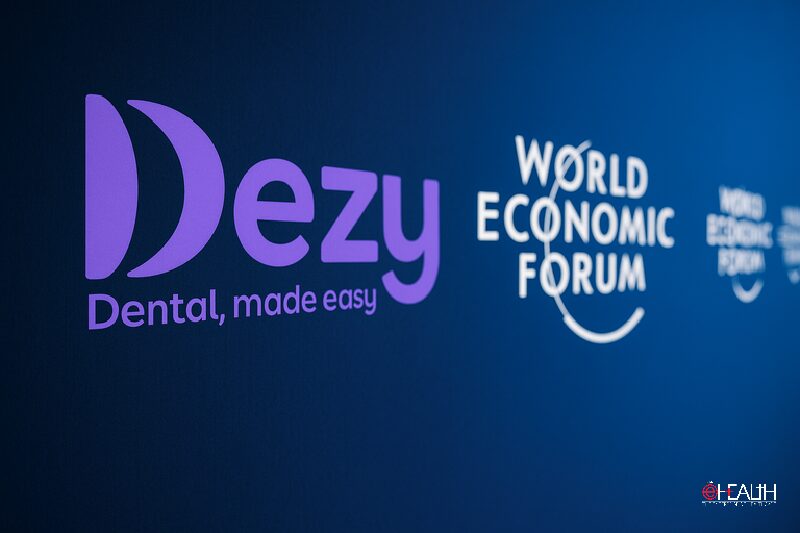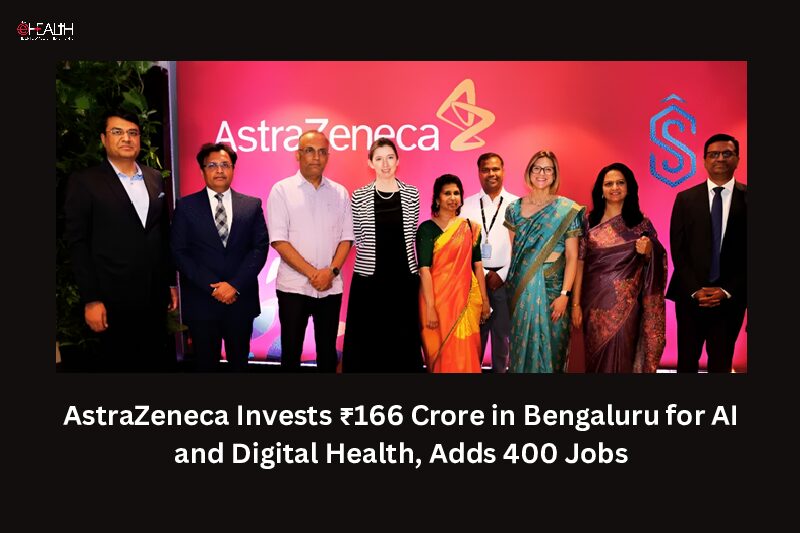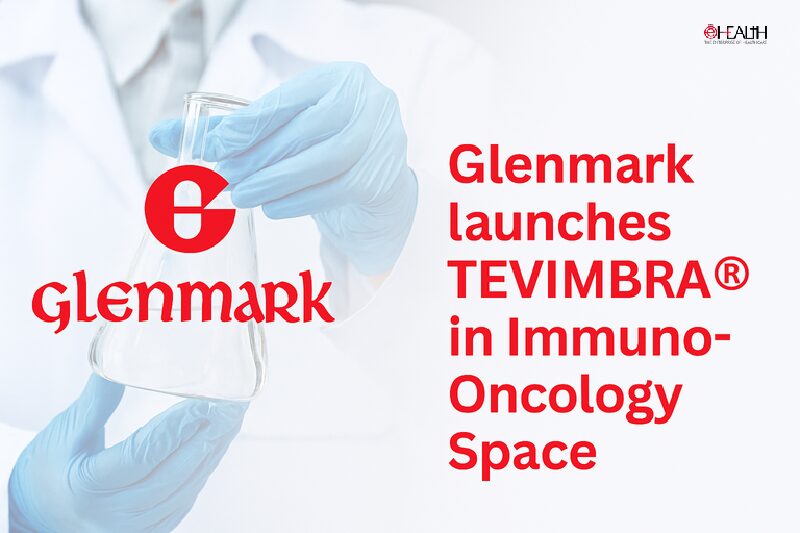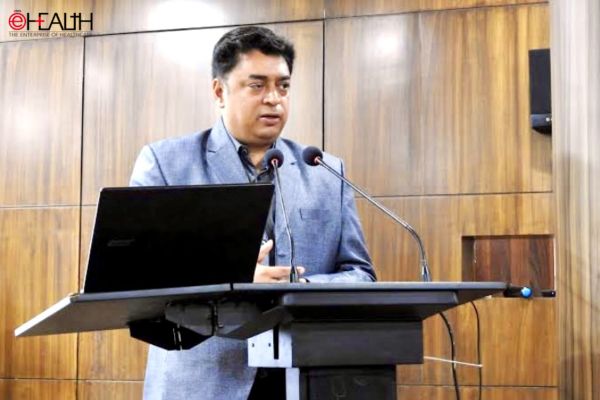
In a bold and unprecedented move within India’s public healthcare administration, Naveen Jain IAS, Secretary (Expenditure), Finance Department of Rajasthan, has initiated sweeping reforms in the Rajasthan Government Health Scheme (RGHS). Designed to provide cashless healthcare services to approximately 12 lakh state government employees and their families, totalling nearly 35 lakh beneficiaries, the RGHS has come under intense scrutiny for suspected large-scale irregularities and inflated claims amounting to ₹10,500 crore over four fiscal years.
Launched in July 2021, the RGHS scheme aimed to offer comprehensive outpatient (OPD), inpatient (IPD), and pharmacy services, fully funded by the state exchequer. However, despite stable beneficiary numbers, expenditure under the scheme saw an exponential rise, from ₹700 crore in FY 2021–22 to ₹4,400 crore in FY 2024–25, prompting suspicions of misuse and fraudulent billing.

Upon assuming office, Naveen Jain IAS, initiated a detailed internal financial audit, termed a “postmortem”, leveraging AI-based tools, quality control measures, and performance audit frameworks. This investigative approach, more often associated with police or anti-corruption bodies than bureaucratic offices, has since become a watershed moment for administrative accountability in the Indian public health sector.

Alarming Findings from the AI-Enabled Audit
The probe, ongoing for over four months, has identified over 20,000 questionable transactions. Early reports reveal the involvement of 40 private hospitals, 70 pharmacies, 10 medical practitioners, and 180 government officials in irregular practices, ranging from inflated billing to ghost claims.

Legal proceedings are already underway against identified violators, with penalties amounting to ₹10 crore imposed. The rapid response and robust data analytics have yielded immediate results: within just a month of launching the probe, submitted claims under the RGHS saw a ₹50 crore decline, signalling a sharp correction in potentially fraudulent claims.

Empowering Beneficiaries and Ensuring Transparency
A key revelation during the audit was that beneficiaries were often unaware of the services claimed on their behalf. In numerous cases, funds were reportedly deducted from RGHS cards without the corresponding services being availed. While the system previously issued SMS notifications for pharmacy purchases, it failed to notify users about hospital-related claims.
Responding to this, the Finance Department has now revamped the RGHS notification system. Beneficiaries will henceforth receive SMS alerts detailing IPD, OPD, and day-care treatment claims made on their RGHS cards. These messages will be sent to their registered mobile numbers, enabling real-time monitoring of expenditures and fostering informed decision-making.
“This initiative will serve a dual purpose. Beneficiaries can now track how much of their entitlements have been used and can identify any discrepancies. Simultaneously, hospitals will be dissuaded from submitting inflated bills, as the end-user is now directly in the loop,” said Naveen Jain IAS, Secretary (Expenditure), Finance Department of Rajasthan.
Beneficiaries have been advised to immediately report any discrepancies by contacting the RGHS helpline (181). Moreover, the department has issued a cautionary advisory urging users not to share their RGHS card number or OTP with unauthorised individuals to prevent misuse.
Also Read :- India Chambers & Rural Economic Forum Ink MoU on Global Integration of Rural Nutraceuticals
Implications for India’s Health-Tech & InsurTech Ecosystem
For stakeholders across the healthcare industry, this case offers critical insights into how digital transformation, data governance, and AI-powered oversight can drastically improve transparency and efficiency in public healthcare schemes. It also presents an urgent call-to-action for hospitals, pharmacies, and third-party administrators to strengthen compliance mechanisms, digital documentation, and ethical billing practices.
The ongoing reforms in RGHS could serve as a model for other state-run healthcare programs, showcasing how administrative leadership, supported by technology and data intelligence, can effectively combat systemic inefficiencies and corruption.
As Rajasthan continues to unveil layers of discrepancies, Jain’s leadership highlights the transformative power of integrity-driven governance, placing the state at the forefront of AI-enabled healthcare reform in India.
Be a part of Elets Collaborative Initiatives. Join Us for Upcoming Events and explore business opportunities. Like us on Facebook , connect with us on LinkedIn and follow us on Twitter , Instagram.
"Exciting news! Elets technomedia is now on WhatsApp Channels Subscribe today by clicking the link and stay updated with the latest insights!" Click here!








